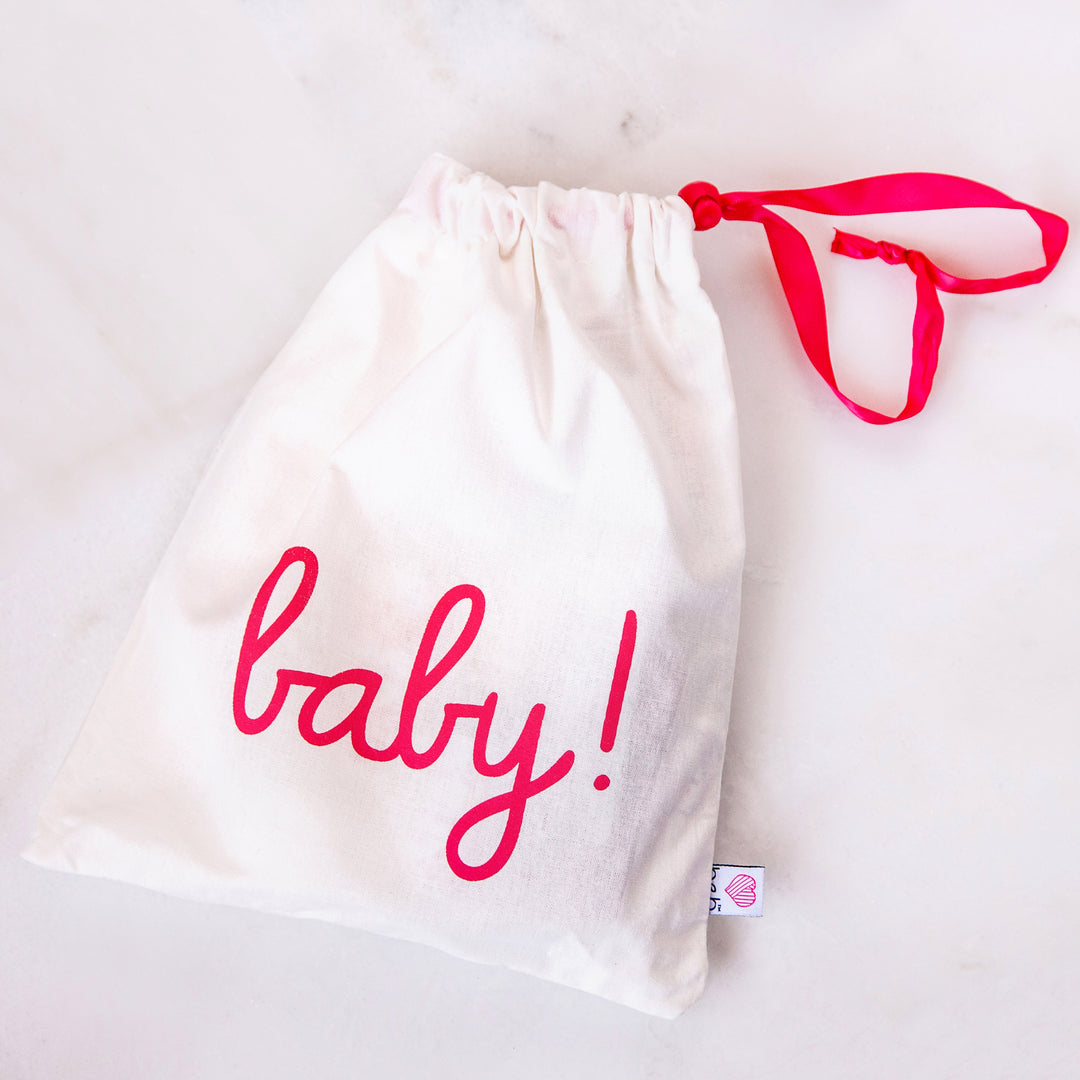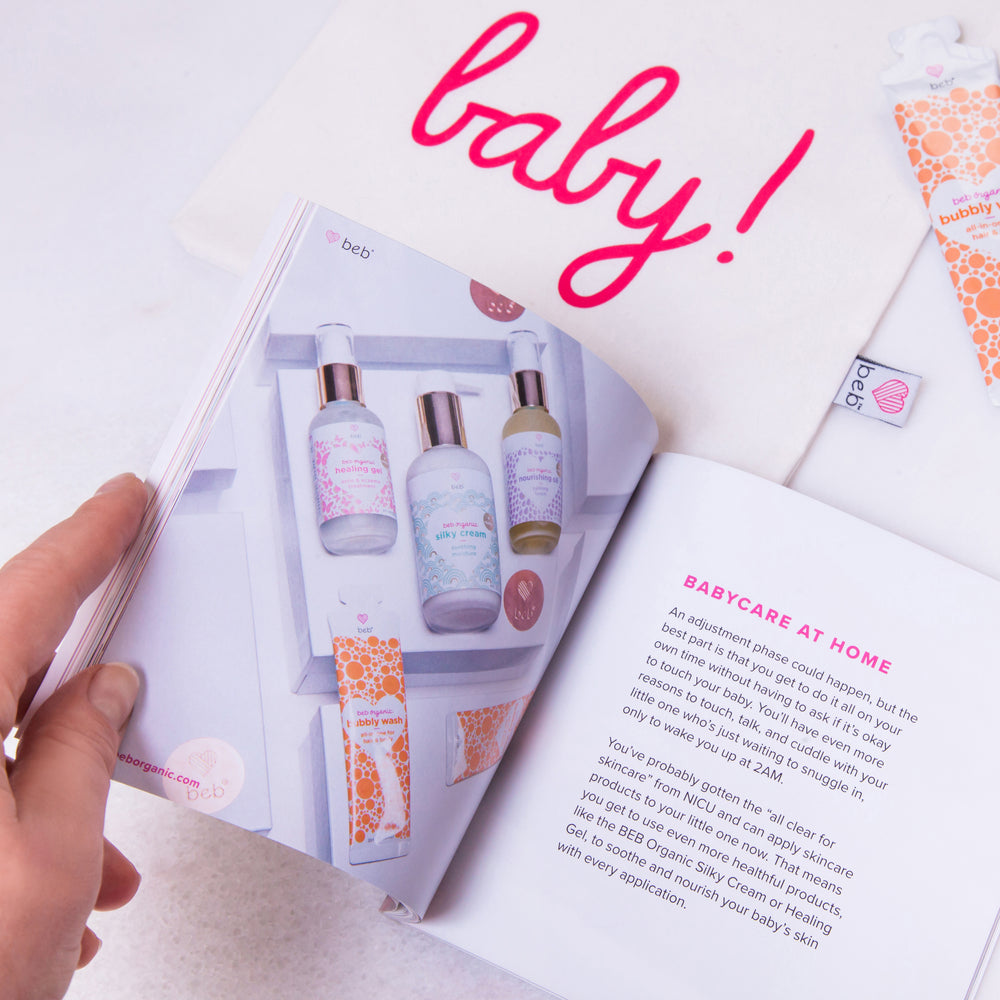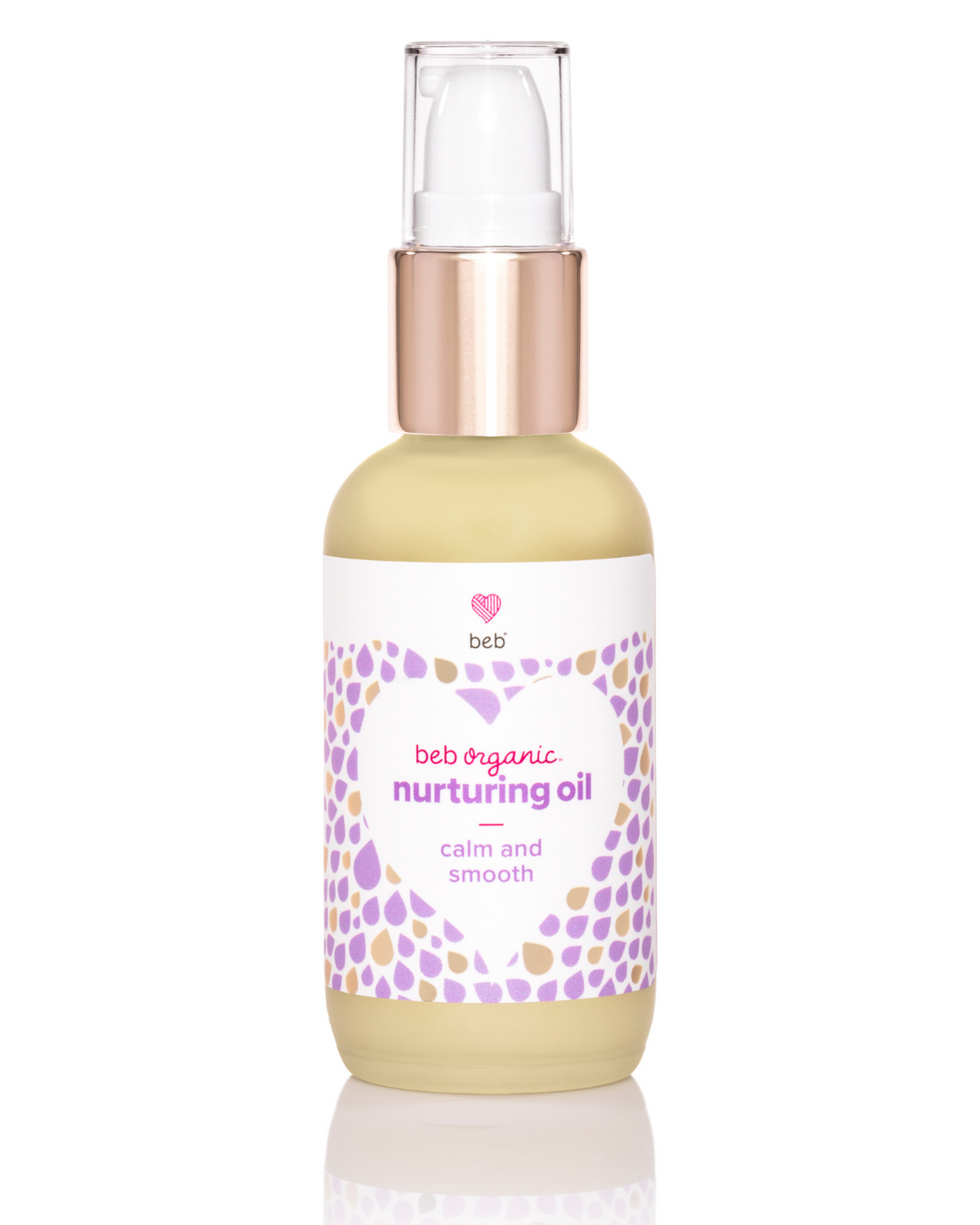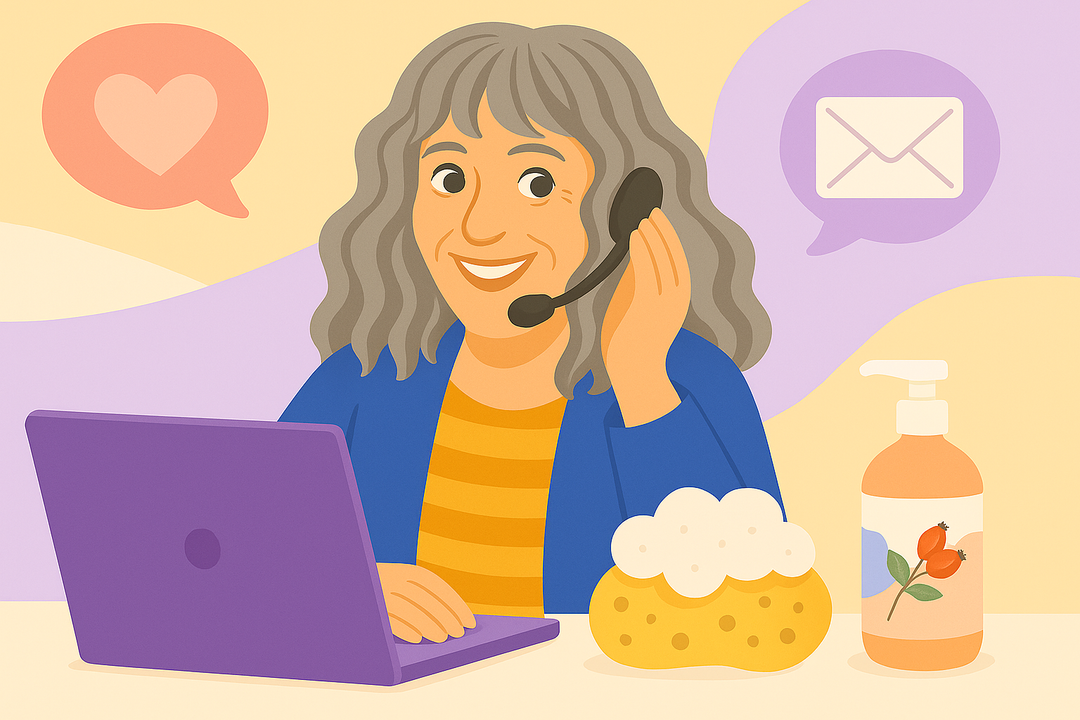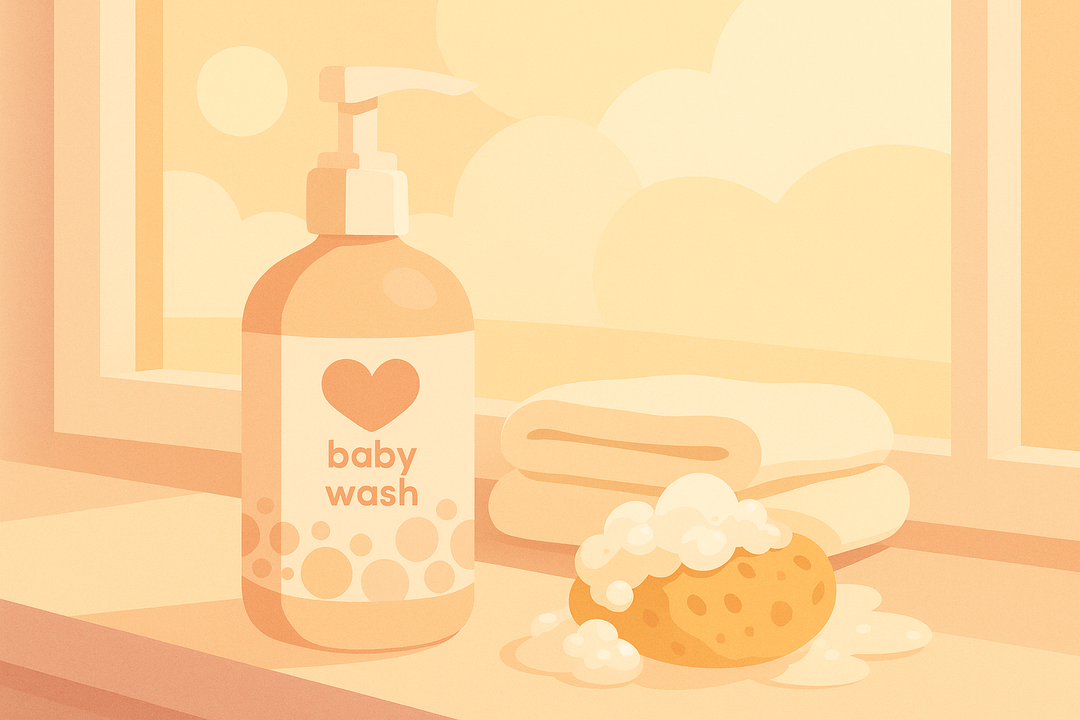Ultimate NICU Discharge Going-Home Bag Guide for Parents

Preparing to bring your preemie home from the NICU is a big moment and often requires extra planning. Packing a well-organized going-home bag is a great way to ensure you’re prepared for any situation that may arise on your journey.
Here's the quick and basic list provided by most hospitals: car seat test, circumcision preferences, CPR class, screenings (CCHD and hearing), home equipment and medication, vaccines.
but there's so much more you can do!
Here’s a complete list of what to bring, along with tips to help you feel ready for this transition.
1. NICU-Approved Clothing for Your Preemie
Since preemies often have special medical needs, clothing that’s easy to work with is essential. Choose items that offer warmth, comfort, and easy access.
- Preemie-sized onesies: Look for soft, breathable onesies that are easy to open for diaper changes. Avoid clothing with large seams or tags that could irritate sensitive skin.
- Cotton hats, socks, and mittens: These small items help keep your baby warm, as preemies often struggle with temperature regulation. Lightweight cotton materials allow for layering without overheating.
- Footed sleepers or preemie swaddles: Look for options designed specifically for preemies, as they’re often more adjustable and better suited for babies with ongoing medical needs.
2. Weather-Appropriate Layers for Safety and Comfort
Dressing your preemie for the ride home requires consideration of the weather. It’s best to dress in light layers that can be added or removed based on temperature changes.
- Blankets or buntings: If it’s chilly outside, bring a soft, non-bulky blanket that won’t interfere with car seat safety. Some preemie bunting options are designed to be compatible with car seats, offering warmth without excessive bulk.
- Breathable sun protection: Preemies have extra-sensitive skin, so if you’ll be outside or near bright windows, bring a lightweight muslin blanket or car seat cover to shield them from the sun.
3. NICU Care Continuation Supplies
Your baby may still need special feeding and care items, and having them organized for the journey home can make a huge difference.
- Feeding essentials: Whether breastfeeding, using pumped breast milk, or formula, have ready-to-feed bottles or pre-measured formula on hand. If using a bottle, bring one that’s familiar to your baby to maintain consistency.
- Syringes or feeding tubes: If your baby requires supplemental feeding methods, like syringes or a tube, request a few extras from the NICU and ask for detailed instructions on feeding on the go. Bringing a small cooler bag can help keep breast milk or formula fresh.
4. Essential Baby Care Items for On-the-Go Comfort
Preemies often need smaller and gentler products than what’s typically available for newborns.
- Preemie-sized diapers and gentle wipes: Since preemie diapers are smaller than standard newborn sizes, pack extras to be safe. Look for unscented wipes that are formulated for sensitive skin.
- Soft, layered blankets: Have a couple of lightweight blankets ready for layering, especially if you anticipate needing to adjust for temperature changes during the car ride or once you’re home.
5. Medications and Health Necessities
Bringing a preemie home often means managing medications or ongoing health needs. Organize these items so they’re easily accessible.
- Medications and vitamins: If your baby needs medication or supplements, store them in a small, labeled pouch within the bag. Have extra syringes or droppers if needed, and consider setting a phone reminder for dosage times.
- Discharge paperwork: NICU staff will provide paperwork outlining your baby’s health needs, feeding schedule, and any follow-up care. Keep these documents in a folder within the bag so you can refer to them as needed.
- Portable medical equipment: Some preemies require equipment like a pulse oximeter or portable oxygen. Ensure you have portable options and instructions on their use, and ask the NICU for troubleshooting tips.
6. Hygiene and Safety Items to Keep Germs at Bay
Preemies are more vulnerable to infections, so extra hygiene precautions can go a long way.
- Hand sanitizer and sanitizing wipes: Bring a bottle of hand sanitizer and wipes for your hands and surfaces you may need to touch. This is especially helpful if you’ll need to stop anywhere before reaching home.
- Breathable car seat cover: A car seat cover helps protect your baby from drafts and light while allowing airflow. Some covers are specifically designed for NICU graduates, with features that help reduce stimulation and provide a cozy feel.
7. Comfort and Organization Items for Parents
Caring for your NICU baby can be overwhelming, so pack items that help you stay organized and comfortable.
- Notebook and pen: Use this to jot down feeding times, medication doses, or any questions that arise as you transition to at-home care.
- Phone and charger: Ensure your phone is charged, as you may need to contact the hospital or a specialist for questions. It’s helpful to have the NICU staff or pediatrician’s contact numbers saved.
- Snacks and a water bottle: Having quick snacks and water ready is essential, especially if you’ll be in transit for a while. Energy bars, nuts, and fruit are good options.
8. Emergency Contact Information and Resources
Have a list of people to contact if you need support or guidance.
- Emergency numbers: Keep a list of contacts, including NICU staff, your pediatrician, and specialists. Make sure your partner or anyone helping you has these numbers as well.
- Follow-up appointments: Before you leave the NICU, ensure that follow-up appointments with healthcare providers are scheduled and documented. Many preemies require close monitoring for several weeks, so having these planned in advance can save you stress.
Final Tips for Your NICU Going-Home Bag
Transitioning from the NICU to home life is both exciting and challenging. Here are some extra tips to help you prepare thoughtfully:
- Ask NICU staff about recommended items: Your NICU team may have specific suggestions based on your baby’s unique situation. They can also demonstrate proper use of equipment or medications.
- Create a home setup before discharge: Prepare a designated space for diaper changes, feedings, and any medical equipment at home. Having everything organized can make the adjustment easier for both you and your baby.
- Limit visitor exposure initially: Since NICU babies (especially preemies) can have delicate immune systems, limit visitors for the first few weeks, and ask them to wash hands thoroughly if they visit. A quiet environment helps your baby adapt to home life gradually.
- Use packing cubes or small pouches for organization: Packing cubes or small bags help keep items separated, so you can quickly find what you need without rummaging. Label each section clearly (e.g., “medications,” “feeding supplies”) to make locating items easier, even in a hurry.
Emotional Support for Parents
The NICU journey is often a stressful and emotional experience, and transitioning home may bring up a mixture of relief, joy, and anxiety.
- Set realistic expectations: It’s normal for NICU babies to require extra attention or have certain limitations. Give yourself grace, and remember that building routines takes time.
- Have a support network in place: Reach out to family, friends, or support groups, as these connections can provide emotional support and practical help when you need a break.
- Celebrate milestones, no matter how small: Each step, from gaining weight to improved sleep, is a sign of progress. Marking these moments can bring joy and encouragement.
Preparing Your Home Environment
Consider how to set up a calm, cozy, and safe home space for your preemie:
- Use low lighting and soft sounds: Your baby may still be sensitive to bright lights or loud sounds after time in the NICU. Low lighting, gentle white noise, or soft music can create a peaceful environment.
- Stock up on preemie-friendly baby supplies: Have essentials like gentle laundry detergent, soft burp cloths, and preemie-sized swaddles ready to go. Keeping these supplies accessible ensures you’re always prepared.
- Practice with any medical equipment: If your baby needs ongoing medical support, practice setting up equipment in the room where you’ll be using it most often. This can help reduce stress and build familiarity with each step.
Packing thoughtfully and setting up your home in advance can help you feel more confident as you bring your baby home from the NICU. With a well-prepared going-home bag, you’ll be ready for a safe, comfortable journey and a positive start to your new life together.


